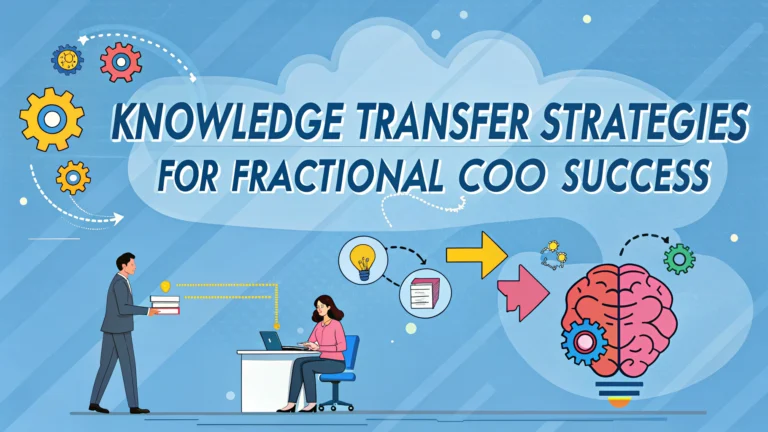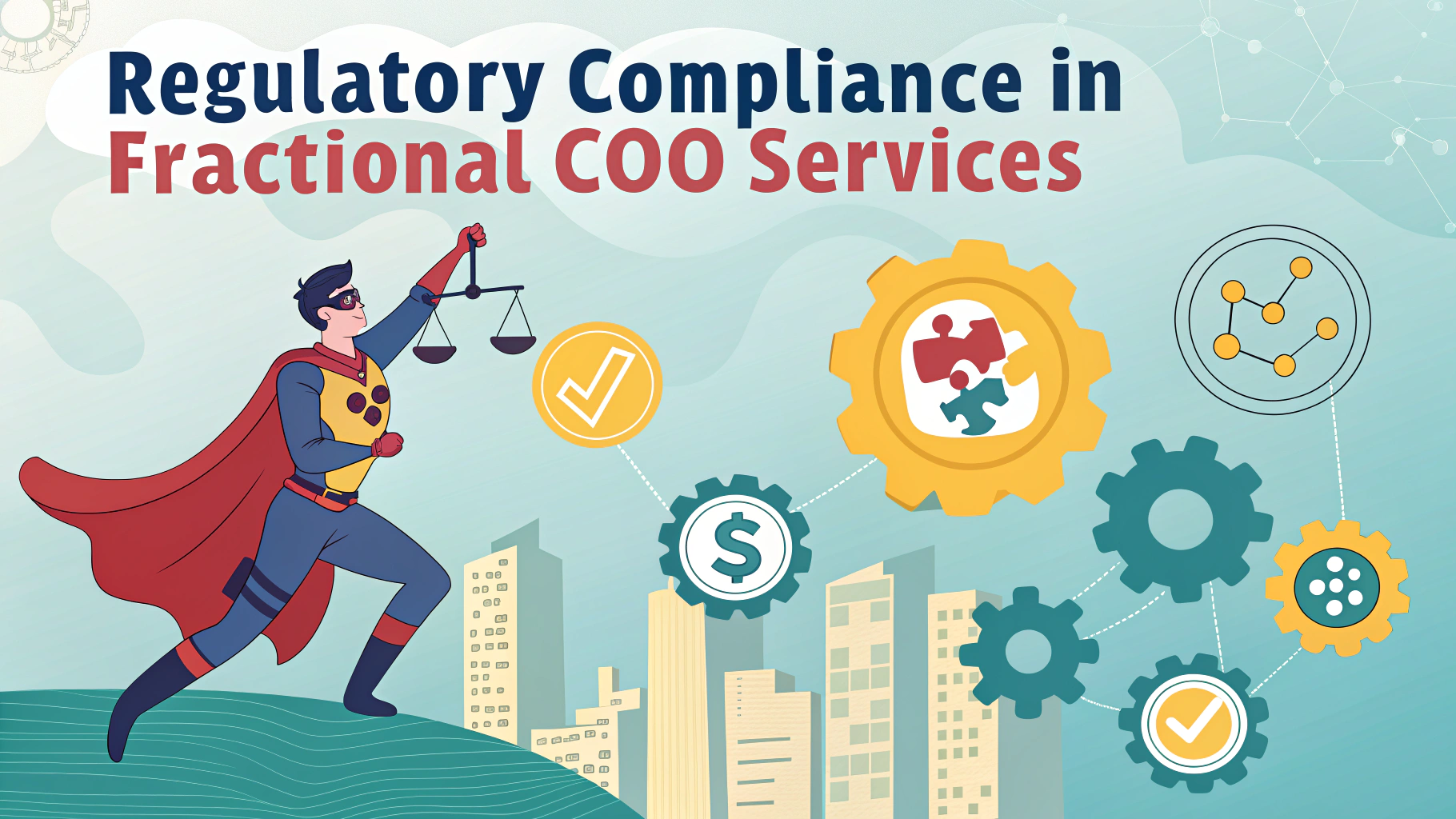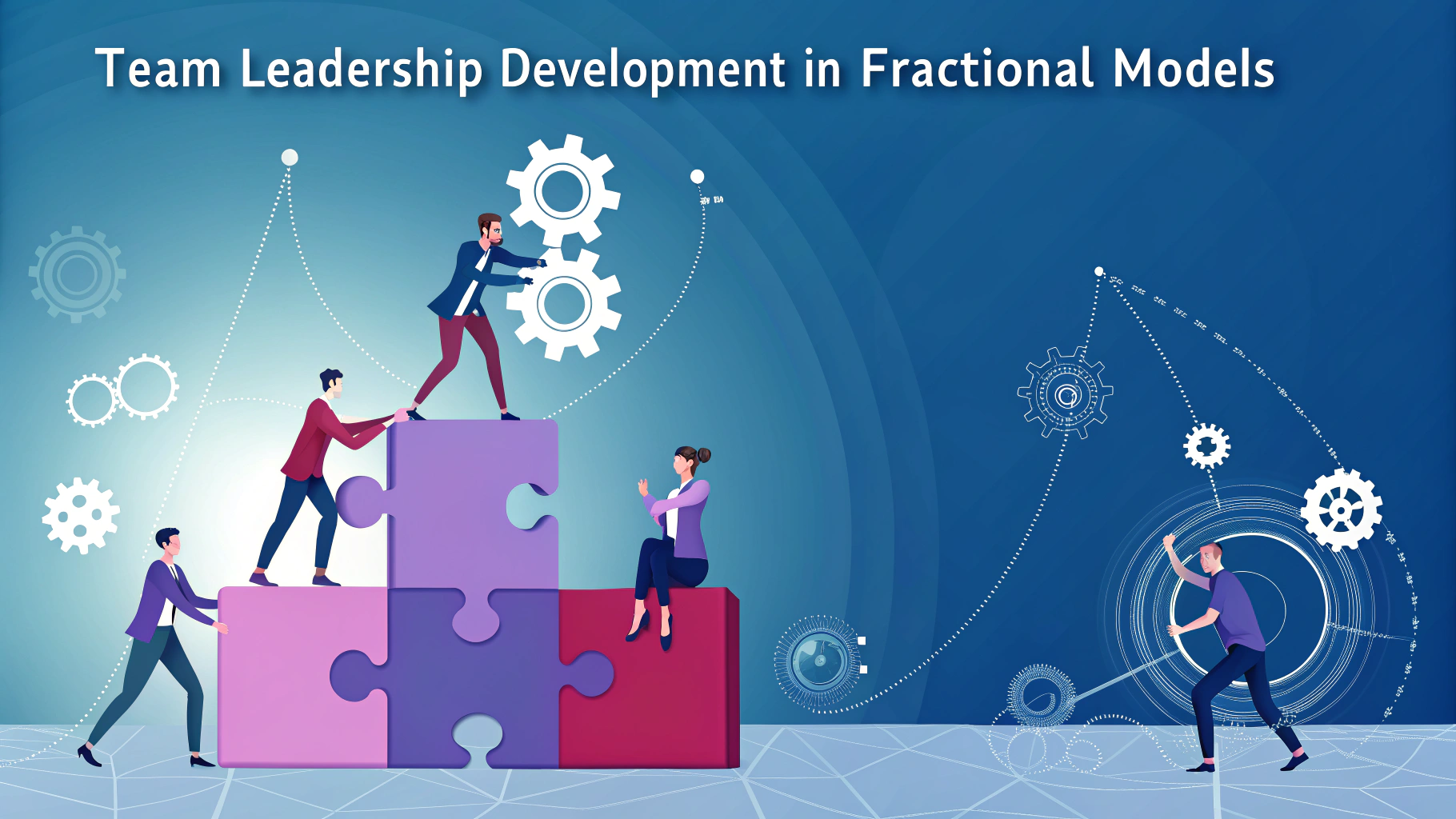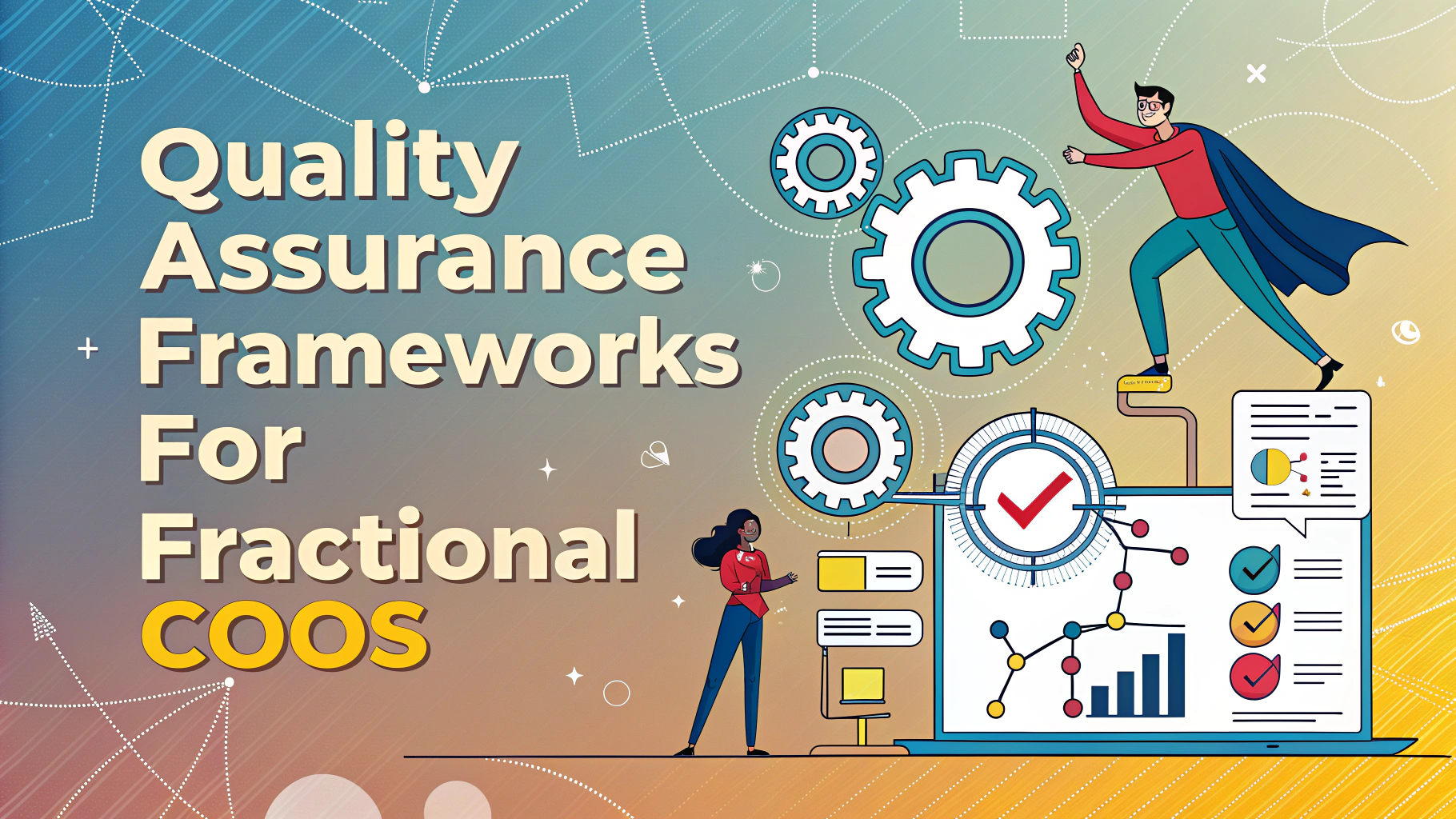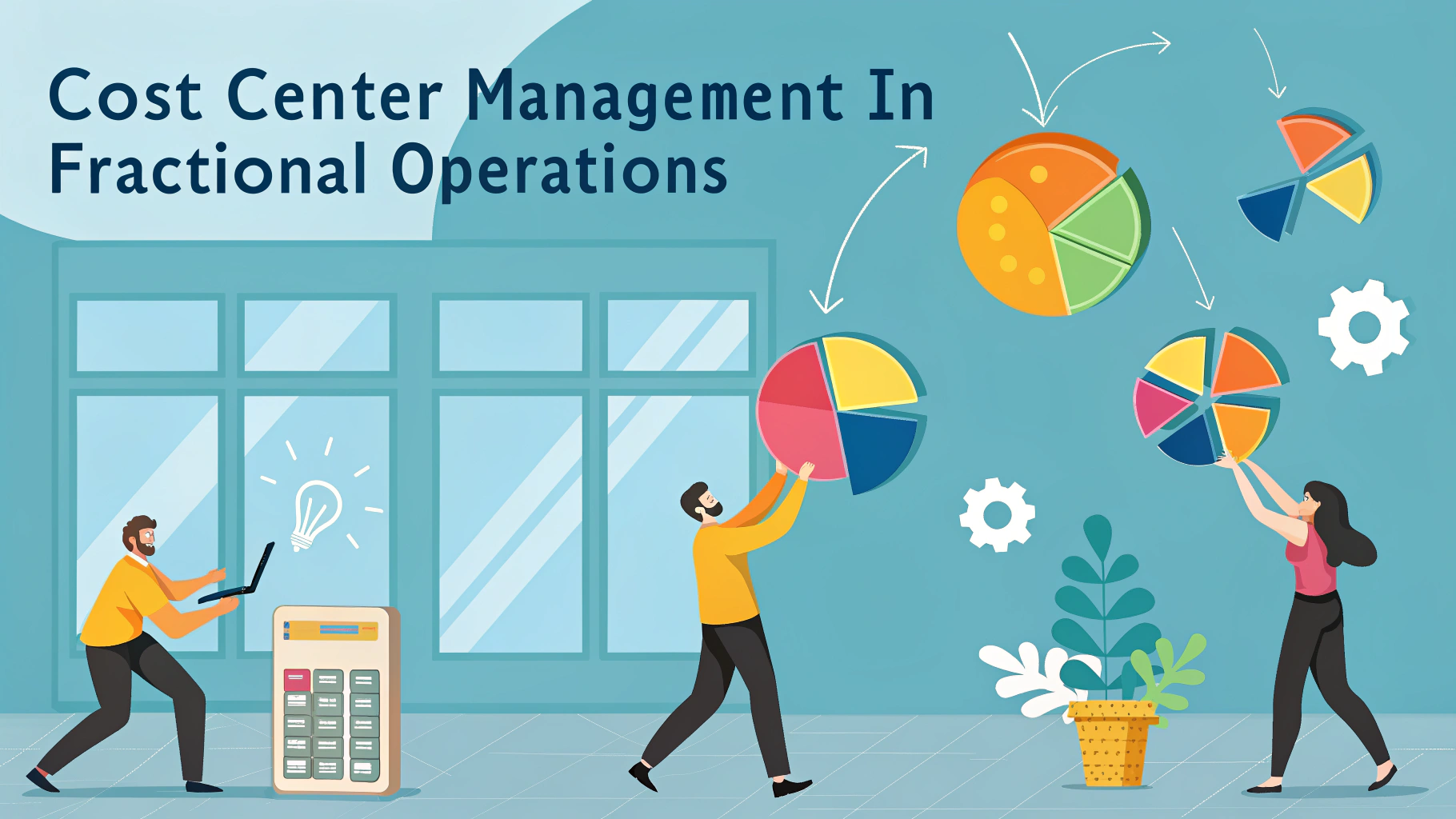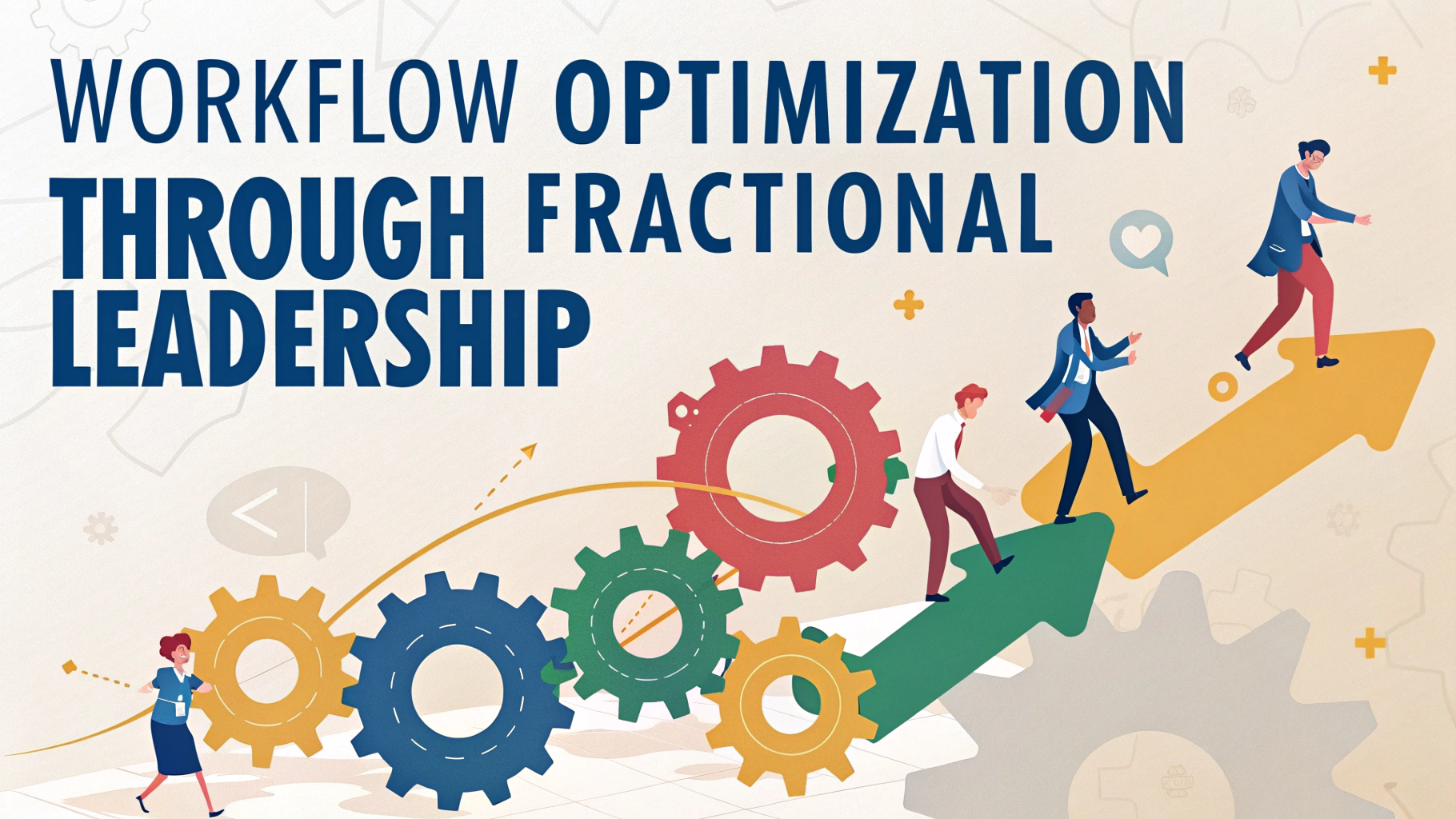Knowledge transfer stands as one of the most challenging aspects of implementing a successful fractional COO arrangement.
A methodical approach to sharing insights, processes, and operational expertise can make the difference between a smooth transition and a chaotic handover.
This guide outlines practical strategies for fractional COOs to effectively transfer their knowledge while maintaining operational continuity.
Key Knowledge Transfer Components
- Documentation systems and protocols
- Process mapping and workflow diagrams
- Standard operating procedures (SOPs)
- Training materials and resources
- Performance metrics and KPIs
Documentation Best Practices
Create a centralized digital repository using platforms like Notion, Confluence, or Google Workspace to store all operational documentation.
Implement version control systems to track changes and updates to operational procedures.
Use video recordings and screen captures to document complex processes that are difficult to explain in writing.
Structured Training Programs
- Shadow Sessions: Schedule regular sessions where team members observe your work
- Hands-on Practice: Create supervised opportunities for staff to implement new processes
- Knowledge Assessments: Regular checks to ensure information retention
- Feedback Loops: Systems for continuous improvement and clarification
Technology Tools for Knowledge Transfer
| Tool Type | Recommended Options |
|---|---|
| Project Management | Asana, Monday.com, ClickUp |
| Documentation | Notion, Confluence, GitBook |
| Communication | Slack, Microsoft Teams, Zoom |
Creating Transfer Timelines
Develop a phased knowledge transfer schedule that spans your entire engagement period.
Set specific milestones for different aspects of operational knowledge transfer.
Build in buffer time for unexpected challenges and additional training needs.
Measuring Transfer Success
- Track completion rates of knowledge transfer sessions
- Monitor performance metrics before and after handovers
- Conduct capability assessments of team members
- Gather feedback through anonymous surveys
Common Pitfalls to Avoid
- Rushing the transfer process
- Assuming knowledge instead of verifying understanding
- Failing to document tribal knowledge
- Not establishing clear ownership of processes
Next Steps for Implementation
Begin with an audit of current operational knowledge and identify critical areas requiring transfer.
Schedule a planning session with key stakeholders to outline transfer objectives and timelines.
Set up the necessary technology infrastructure for documentation and training.
For professional guidance on implementing these strategies, contact the Fractional COO Association at [email protected] or visit their website at www.fractionalcoo.org.
Building a Support System
- Establish mentorship relationships between experienced and new team members
- Create cross-functional knowledge sharing sessions
- Develop peer review systems for quality assurance
- Set up regular check-ins to address questions and concerns
Risk Management Strategies
Identify potential knowledge gaps and create contingency plans for critical operational areas.
Implement redundancy in key processes to ensure business continuity during transitions.
Key Risk Areas to Address
- Client relationship management
- Vendor contracts and negotiations
- Financial reporting procedures
- Emergency response protocols
Cultural Integration
Ensure knowledge transfer methods align with company culture and values.
Foster an environment that encourages questions and continuous learning.
- Regular team building activities
- Open-door communication policies
- Recognition programs for knowledge sharing
Securing Long-term Success
Establish mechanisms for ongoing knowledge updates and refinements.
Create a sustainable framework for continuous operational improvement.
- Regular review cycles for documentation
- Quarterly assessment of training effectiveness
- Annual updates to process documentation
- Integration of feedback into existing systems
Empowering Operational Excellence
Successful knowledge transfer in fractional COO arrangements requires dedication, structure, and consistent effort from all parties involved.
By following these guidelines and maintaining a committed approach to documentation and training, organizations can ensure operational continuity and sustained growth.
Remember that knowledge transfer is not a one-time event but an ongoing process that requires regular attention and refinement to maintain operational excellence.
FAQs
- What is a Fractional COO’s role in knowledge transfer?
A Fractional COO is responsible for documenting operational processes, implementing systems, training key personnel, and establishing protocols that ensure business continuity when they transition out. - How long should a knowledge transfer period last for a Fractional COO engagement?
The typical knowledge transfer period ranges from 4-8 weeks, depending on the organization’s complexity and the scope of operational changes implemented. - What documentation systems should a Fractional COO establish?
Standard Operating Procedures (SOPs), process maps, workflow diagrams, training manuals, and digital knowledge bases are essential documentation systems to establish. - How can a Fractional COO ensure successful implementation of new processes?
By creating clear transition plans, conducting hands-on training sessions, establishing metrics for success, and providing ongoing support during the implementation phase. - What technologies support effective knowledge transfer in Fractional COO roles?
Project management software, document sharing platforms, video training tools, process documentation software, and collaboration tools like Slack or Microsoft Teams. - How should a Fractional COO handle resistance to change during knowledge transfer?
Through clear communication of benefits, involvement of key stakeholders in the process, addressing concerns promptly, and demonstrating early wins to build confidence. - What metrics indicate successful knowledge transfer by a Fractional COO?
Employee adoption rates, reduction in operational errors, improved process efficiency, successful completion of training programs, and maintenance of performance levels post-transition. - How can Fractional COOs ensure knowledge retention after their departure?
By establishing a mentorship program, creating comprehensive reference materials, implementing feedback loops, and scheduling periodic check-ins post-engagement. - What role do internal champions play in knowledge transfer success?
Internal champions help maintain momentum, support adoption of new processes, provide ongoing training to new employees, and serve as points of contact for operational questions. - How should intellectual property be handled during knowledge transfer?
Through clear contractual agreements, proper documentation of proprietary information, secure sharing methods, and defined confidentiality protocols.
